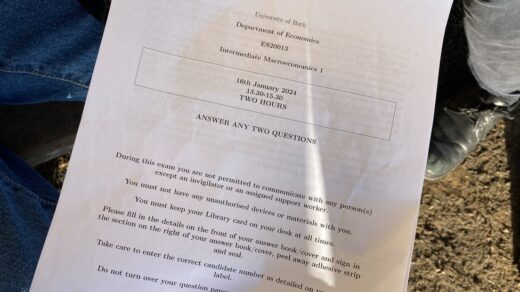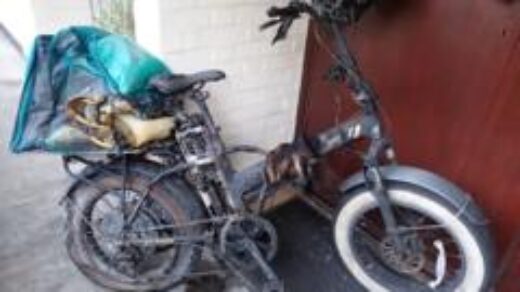The Al-Najjar family, who had been living in a tent in Rafah for five weeks after fleeing their home in Khan Younis, experienced a tragic loss during an Israeli special forces rescue operation on February 12. The operation, which successfully rescued two hostages kidnapped by Hamas, resulted in over 70 reported deaths and left a wave of anger in Gaza.
Nawara al-Najjar, six months pregnant, her husband Abed-Alrahman, and their six children were asleep in their tent when the rescue raid occurred. The family had been discussing treatment options for two of their injured children before they fell asleep.
During the night, Abed-Alrahman decided to investigate the sound of gunfire outside their tent. He was killed in an explosion that also injured Nawara and several of their children. Nawara was confirmed a widow at the age of 27. Their 13-year-old daughter, Malak, lost her eye due to a shrapnel injury.
The health ministry of the Hamas government in Gaza reported that at least 74 people were killed during the raid. The exact number of civilian casualties is unclear, but it is suggested that a high proportion of the dead were non-combatants.
The International Medical Corps, which operates a field hospital near the scene, described the terrifying experience of the raid. Many of the dead are believed to be still under the rubble of destroyed houses.
The Israeli Defense Forces (IDF) have accused Hamas of using civilians as human shields and medical facilities to conceal military operations. The IDF stated that it is “committed to mitigating civilian harm” during military operations and that military lawyers ensure strikes comply with international legal obligations.
Human rights organizations have previously accused Israel of using disproportionate force. A statement from Human Rights Watch warned that Israel “might be carrying out unlawfully indiscriminate attacks.”
The question of whether the raid constituted a disproportionate use of force and therefore a war crime must await an independent investigation. With the ongoing conflict, this process may take a long time.
Rafah, currently sheltering six times its normal population, faces the threat of an Israeli invasion in the coming weeks. The fear is that the horrors of February 12 will soon be overshadowed by new tragedies and forgotten by the international community.









